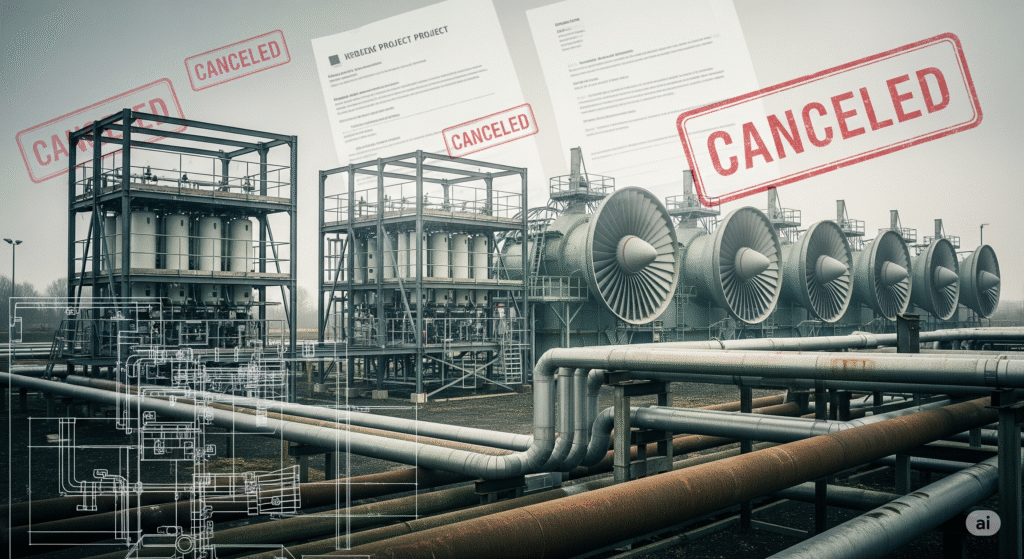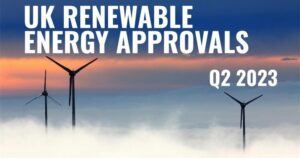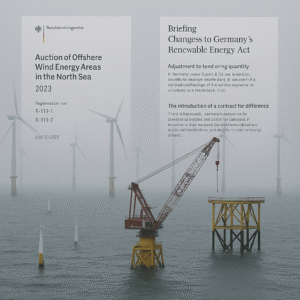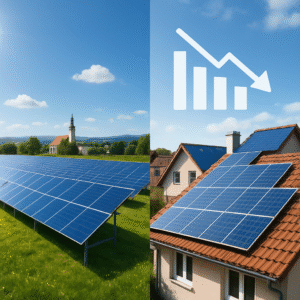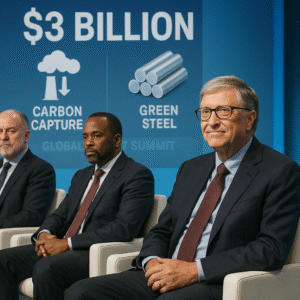Germany and other European nations have recently scrapped or suspended several flagship green hydrogen projects, citing steep costs and limited demand. These setbacks undermine ambitions outlined in the EU hydrogen strategy and risk delay for climate targets. (Reuters)
European developers have paused more than one-fifth of hydrogen projects globally, with cancellations in Germany, Spain and Norway. Steelmaker ArcelorMittal alone abandoned a €2.5 billion green hydrogen plan in Germany. (Reuters)
Costs Outstrip Market Viability
Green hydrogen remains significantly more expensive than both grey hydrogen and natural gas—up to three times higher. ArcelorMittal CEO called the switch commercially unviable under current energy prices. (Reuters)
Germany’s regulator proposed a usage fee for hydrogen pipelines to encourage network development but investors warn that uncertain returns and weak demand suppress the business case. (Reuters)
Policy Momentum Meets Execution Gap
Germany aims to build a 9,700 km hydrogen pipeline by 2037, backed by generous EU funding and national subsidies. Despite this, major hydrogen hubs like LEAG’s Boxberg site have been indefinitely postponed. (Reuters)
Policy think tanks warn subsidy-driven schemes face inefficiencies without demand pumps or certification systems that foster industrial use. The absence of offtake contracts delays project planning. (Reuters)
Industry Scaling Efforts Continue
Despite broader caution, Bosch plans to begin manufacturing PEM electrolyser stacks to generate billions in hydrogen revenue by 2030. Initial production is underway in Bamberg with export commitment of 100 MW. (Reuters)
RWE and TotalEnergies agreed a landmark deal: provision of 30,000 tonnes of green hydrogen annually from an electrolyser plant starting in 2027—Germany’s first long‑term industrial hydrogen contract. (Reuters)
EU Strategy vs Real‑World Challenges
The EU hydrogen strategy calls for 10 million tonnes of domestic hydrogen production and 10 Mt of imports by 2030. Germany projects needing up to 120 TWh annually by 2030, relying on 50‑70 percent imports. (Reuters)
Yet cost realities remain stark: Germany may see €10/kg production costs by 2030, well above cheaper international imports from renewables-rich countries. (Reuters)
What Comes Next
European policymakers must align hydrogen pricing, subsidy structure and certification systems to restore confidence. More robust offtake agreements may help re-enable paused projects. (Financial Times)
Public‑private partnerships like Bosch and RWE’s ventures show that scaling is possible when demand from industry is secured. Without this, hydrogen remains promising but constrained. (Financial Times)
Sources: Reuters (project cancellations), Reuters (cost challenges), Reuters (pipeline fee plan), Reuters (LEAG postponement), Reuters (Bosch electrolyser start), Reuters (RWE‑TotalEnergies deal), Reuters (import strategy), Reuters (cost and demand analysis), Financial Times (industry and policy context)
